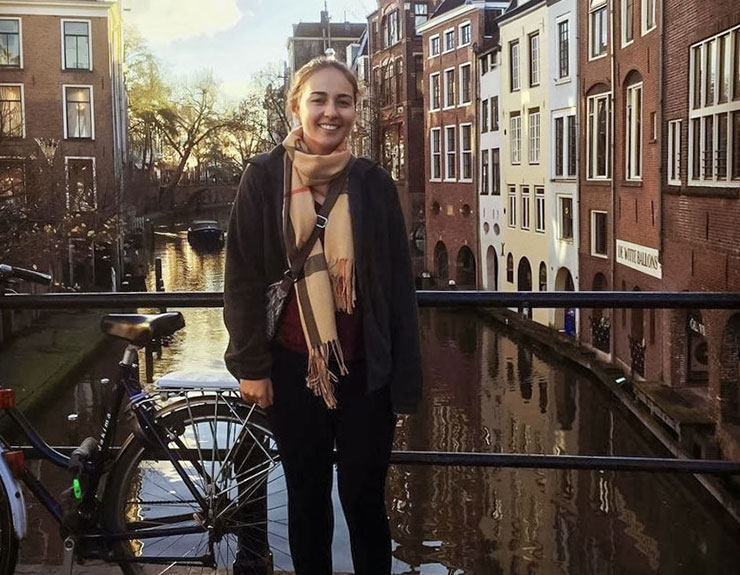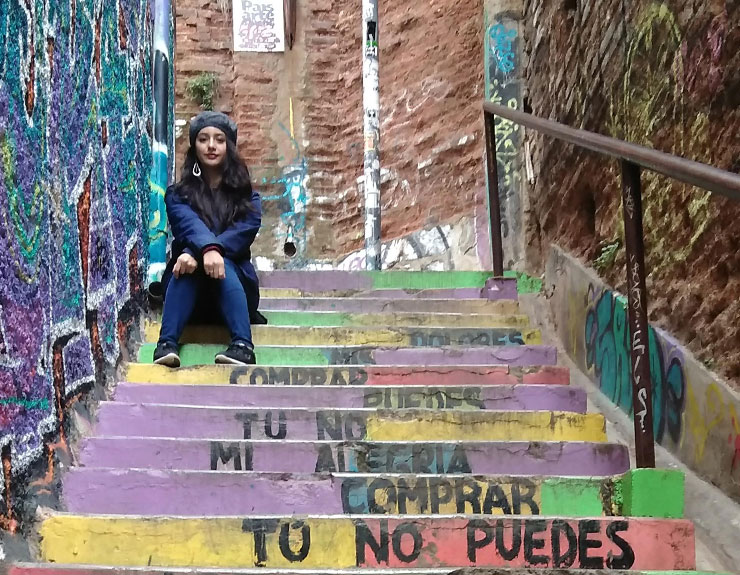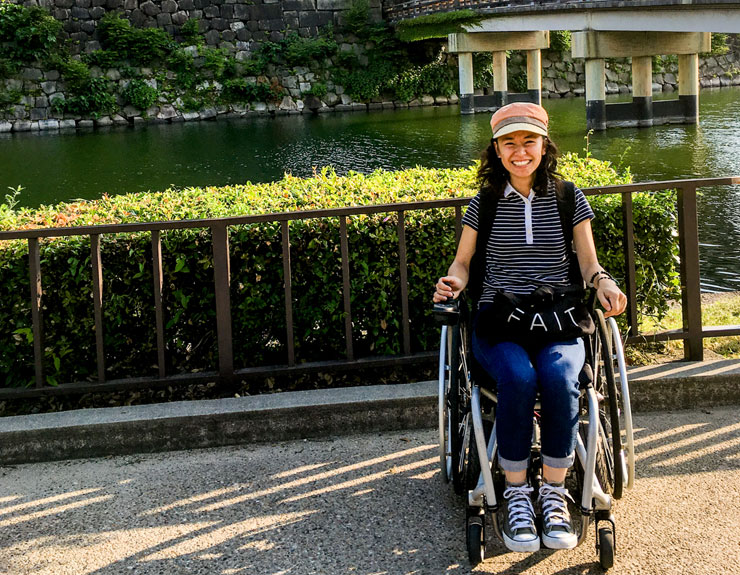So, a student you take interest in has told you they want to study abroad. How exciting! And you probably have a million questions. UCEAP is here to help.
Why study abroad
Study abroad delivers an impact that will positively affect the rest of your student’s life. Really.
This academic opportunity reaches far beyond earning credit, networking with faculty and peers abroad, and forging lifelong friendships.
Students see the difference:

Make no mistake, study abroad is a challenging experience. It teaches valuable skills like independence, confidence, and self-awareness. In fact, study abroad might be the single most valuable thing your student does before they graduate!
Recent research suggests that study abroad doesn’t delay timely graduation and may, in fact, boost graduation rates.
Sources:
- Degree Matters: The Impact of UCEAP Participation in Graduation Rates, August 2021
- Education Abroad and College Completion (January 2022), by the Consortium for Analysis of Student Success through International Education (CASSIE)
Watch the latest What Families Want to Know
This webinar is held a couple of times each year, and it answers a lot of the questions students and parents have. You can view the latest recording of the webinar below, or view and download the presentation slides.











